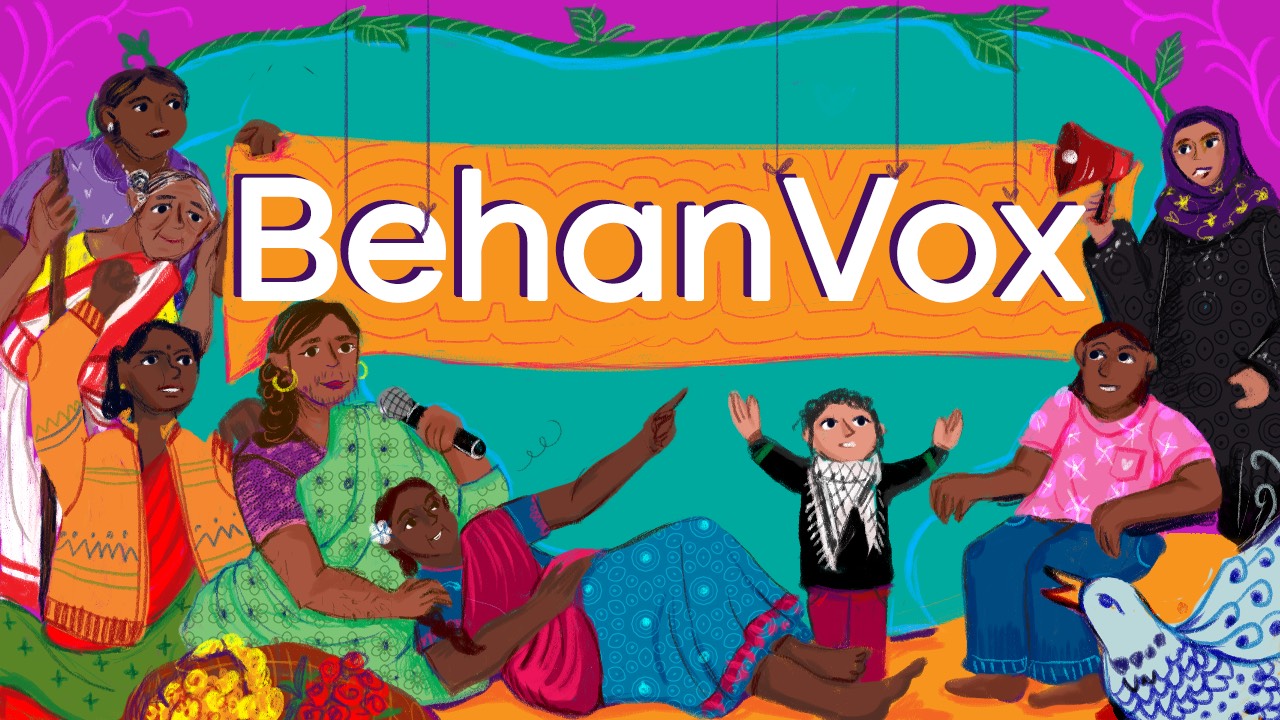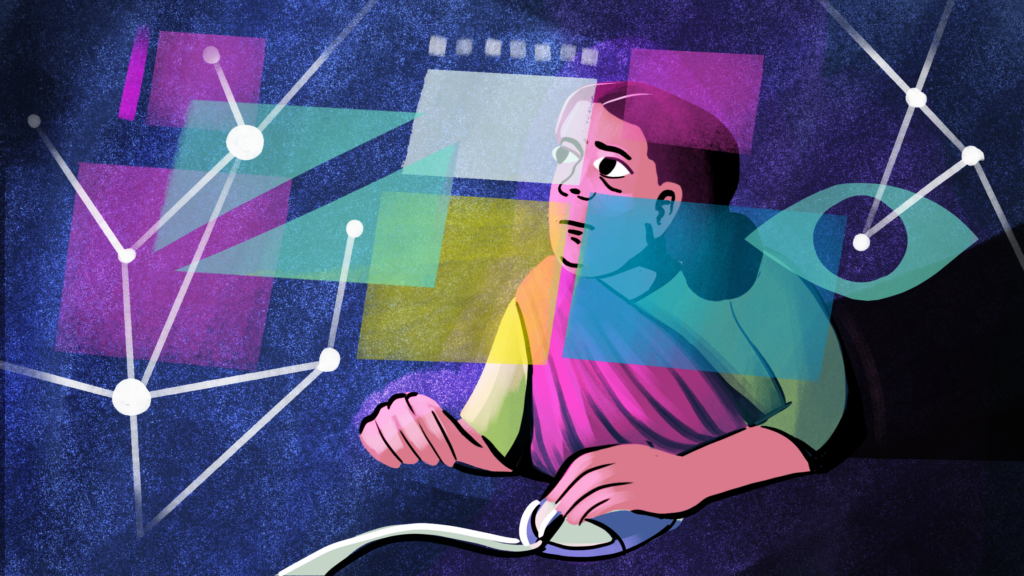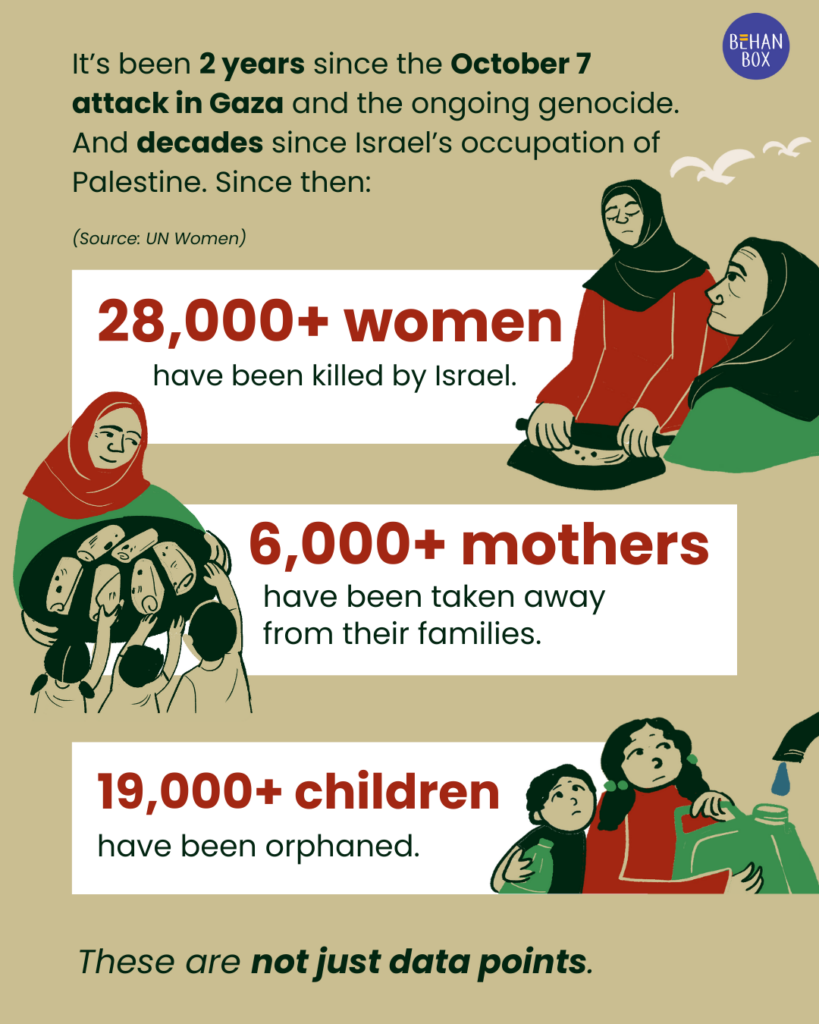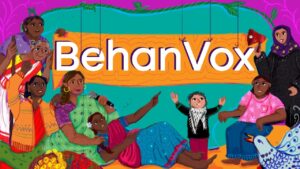BehanBox has reported on women home-based workers, an undervalued and neglected labour force wherein the women themselves do not see their labour as ‘work’ because it entwines with their daily routines of carework. We investigated the lives of the women who hold up the mega sports goods industry of Jallandhar and found that despite their significant contributions to the domestic economy, home based workers find themselves without access to training, safety equipment, or social security. They remain unrecognised by both companies and the government alike.
But there is another kind of home based work that remains even further in the shadows, barely known or acknowledged. Millions of data workers, faceless and nameless, who power the many cavernous spaces of the internet. We often think of entities such as Meta or Instagram as fully automated entities, where no human hand ever enters the supply chain of work that goes into powering them. But the truth is that just as millions of women in their homes sit refurbishing old clothes, fixing lace to mass produced outfits and stitching up footballs, an equally large number sit at their phones and computer doing repetitive, mind numbing tasks for the internet for an employer they do not know and for an end goal they are not told.
This week Saumya Kalia delves into this grey world of ghost workers. You will likely have seen glib sales pitches spammed into your message boxes or on online platforms such as YouTube and LinkedIn and Reddit offering ‘easy money’ with ‘zero investment’. But there will be no clarity on the specifics – the nature of the job, designation, working hours, or payment system.
“You can do it from your home, from your mobile phone,” says an influencer in an auto-dubbed voice, promising Rs 1 lakh a month for part-time work. And what’s better, anyone can do it – a student, a fresher, a housewife.
The task could be anything – scrub social media, clean excel sheets or label audio/video to experience Instagram without glitch – and routed digitally to a dispersed labour force. There are other kinds of data work too – curating, labelling, content moderation, AI rating, transcribing, conducting surveys.
For those desperate to seek employment in a job starved economy or unable to seek work because of social and cultural reasons, these jobs seem ideal. It is not without reason that in India alone, roughly 1 million data annotators may be active by 2028, contributing to a data annotation sector projected to grow more than $8 billion globally.
But the result, researchers argue, is the rise of “digital sweatshops” and “global digital factories” without oversight and beyond geographies. This explainer is the first in a three-part series that documents the nature and history of the “invisible” data work that makes possible the internet and AI and powers transnational economies.
Read our story here.






